Israeli forces struck Gaza children during polio campaign: WHO
Israeli forces have struck a clinic during a polio vaccination campaign, injuring several Palestinian children in the Gaza Strip.
The World Health Organization (WHO) said six people, including four children, were injured following a strike on the Sheikh Radwan clinic on Saturday.
A humanitarian pause had been in place at the clinic to carry out the second and final round of the poliovirus vaccination, according to the WHO chief.
“We have received an extremely concerning report that the Sheikh Radwan primary healthcare center in northern Gaza was struck today while parents were bringing their children to the lifesaving polio vaccination in an area where a humanitarian pause was agreed to allow vaccination to proceed,” said Tedros Adhanom Ghebreyesus in a social media post.
He said a WHO team was at the site just before the strike.
“This attack, during a humanitarian pause, jeopardizes the sanctity of health protection for children and may deter parents from bringing their children for vaccination,” he said.
He insisted on the importance of not attacking the specified areas.
"These vital humanitarian-area-specific pauses must be absolutely respected. Ceasefire!"
We have received an extremely concerning report that the Sheikh Radwan primary health care centre in northern #Gaza was struck today while parents were bringing their children to the life-saving #polio vaccination in an area where a humanitarian pause was agreed to allow… pic.twitter.com/YaFL6pQT3c
— Tedros Adhanom Ghebreyesus (@DrTedros) November 2, 2024
UNICEF, the UN's children's agency which is helping to lead the vaccination rollout, condemned the strike on the Sheikh Radwan clinic.
“To overcome challenges posed by the volatile security situation and constant population movement, robust micro plans have been developed to ensure the campaign is responsive to the significant population shifts and displacement in the north following the first round in September,” it said in a statement.
The second phase of the vaccine rollout began on Saturday after being postponed in October due to intense Israeli bombardments, mass displacement and lack of access in the region.
Gaza recorded its first case of polio in 25 years in August, which left a baby boy paralyzed and prompted the rollout of the program.
In a separate incident in Jabalia, UNICEF said a car driven by a staff member “came under fire by what we believe to be a quadcopter”, according to the agency's head, Catherine Russell.
She said the driver was unhurt but was left “deeply shaken” and called for Israel to launch an investigation.
Vaccine targets 'unlikely'
Meanwhile, 15 UN and humanitarian organizations have described the present situation in north Gaza as "apocalyptic" nearly a month after an Israeli ground offensive began.
About 15,000 children under 10 years old in towns across north Gaza, such as Jabalia, Beit Lahia and Beit Hanoun, "still remain inaccessible" and will be missed by the vaccination campaign, compromising its effectiveness, the agencies said.
The WHO had aimed to give 119,000 children in the area a second dose of the oral polio vaccine.
The first round of the vaccine campaign successfully reached 559,000 children under 10 years old over three phases in south, central and north Gaza between September 1 and 12.
However, the area agreed in the latest humanitarian pause "has been substantially reduced" compared to the first round of vaccinations and is now limited to just Gaza City, according to the WHO.
From the start of the polio vaccination campaign in Gaza, medical experts stressed that delays in administering the second dose could jeopardize overall efforts to halt transmission of the contagious, potentially deadly disease.
To interrupt transmission of disease, at least 90 percent of all children need to be given a minimum of two doses.
The UN human rights chief said last week that the Gaza war's “darkest moment” is unfolding in the north of the territory.
Hundreds of people have reportedly been killed since the Israeli military launched a ground offensive in Beit Lahia as well as neighboring Jabalia and Beit Hanoun on 6 October, saying it was acting against regrouping Hamas fighters.
At least 100,000 people have been forced to evacuate from north Gaza towards Gaza City for safety, the WHO said.
UN agencies have described the situation in Gaza as "apocalyptic", with the entire Palestinian population in the area "at imminent risk of dying from disease, famine and violence".
Israel launched its genocidal war on October 7, 2023. More than 43,314 people have been killed in the Gaza Strip since then, according to Gaza's Health Ministry.
It said, that since October 2023, more than 102,000 Palestinians have been injured in the Israeli onslaught. Most of the helpless Palestinian victims have been women and children.
Despite the Israeli blockade on northern Gaza, the Polio Technical Committee for Gaza, which includes the Palestinian Ministry of Health, WHO, UNICEF, the UN agency for Palestine refugees, UNRWA and partners, decided to resume the polio campaign for Gaza children.
The first dose of vaccinations was in September with more than 200 teams on stand-by to unroll the campaign’s final round, which had been delayed by constant Israeli airstrikes, clashes on the ground and no assurances of the required humanitarian pauses to stop the fighting during the delivery of the vaccines.
Gaza's health officials had successfully eradicated polio 25 years ago, but the ongoing war triggered multiple health crises. Recently, a 10-month-old was diagnosed with the paralyzing poliovirus, prompting health officials to organize a campaign in the besieged occupied Palestinian territory.
Vaccinations will be delivered by 216 teams across 106 fixed sites, 22 of which have been added to ensure increased availability of vaccination in areas where recently displaced people are seeking refuge, according to UN agencies. There will also be 209 social “mobilizers” deployed to engage communities and raise awareness around vaccination efforts, they explained.
UN agencies have warned the health workers that they will not be able to gain access to all of the children who require a final dose of the vaccine in Northern Gaza.
“The final phase of the campaign had aimed to reach an estimated 119,000 children under 10 years old in northern Gaza with a second dose of novel oral polio vaccine type 2 (nOPV2), however, achieving this target is now unlikely due to access constraints,” the agencies warned.
The resumption of vaccinations in northern Gaza follows the implementation of the first two phases of the second round in central and southern Gaza, which reached 451,216 children – 96 percent of the target in these areas.
To interrupt poliovirus transmission, at least 90 percent of all children in every community and neighborhood must be vaccinated, which will be challenging to achieve given the situation, the agencies said.
A delay in administering a second dose of nOPV2 within six weeks reduces the impact of two closely spaced rounds, decreasing immunity, according to the UN health agency.
The WHO has also cautioned that having a significant number of children miss out on their second vaccine dose seriously jeopardizes efforts to stop the transmission of the virus and could also lead to further cases in the Gaza Strip and neighboring countries.
Iran: Israeli violations main obstacle to peace, security in Syria
Indian author pulls out of Berlinale over jury’s ‘unconscionable’ refusal to comment on Gaza
Bangladesh Nationalist Party secures victory in general election
VIDEO | British High Court rules against ban on Palestine Action Group
Tehran urges ‘serious’ revision in EU ‘unconstructive’ approaches
Hamas slams Israeli settlers’ ‘criminal aggression’ in West Bank
VIDEO | Press TV's news headlines
VIDEO | Iran launches 'Holy Qur'an Does Not Burn' campaign to restore mosques damaged in unrest


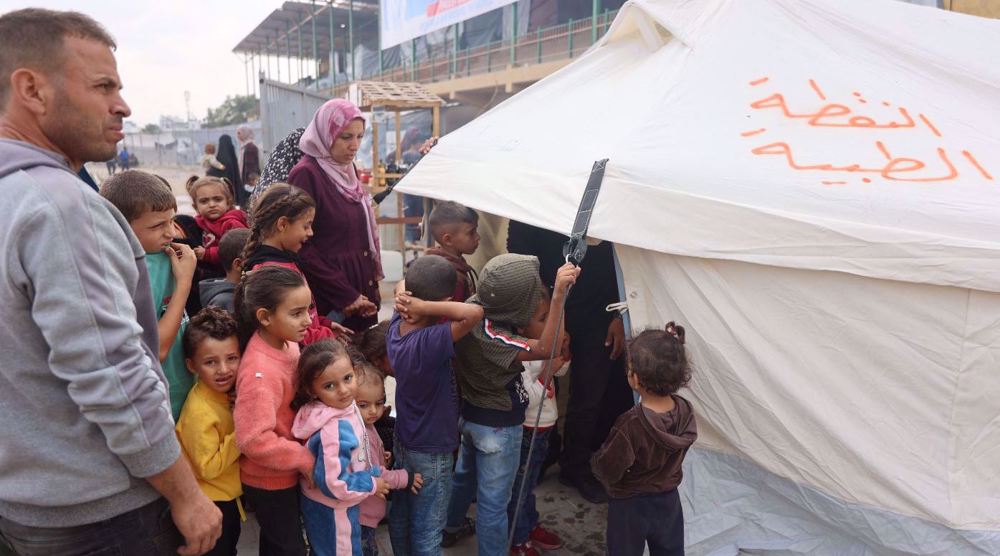
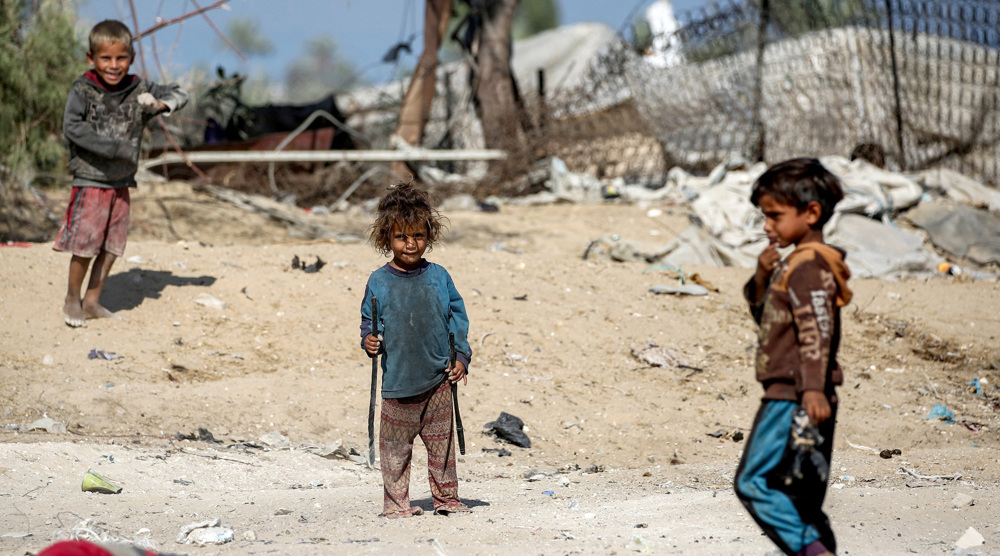
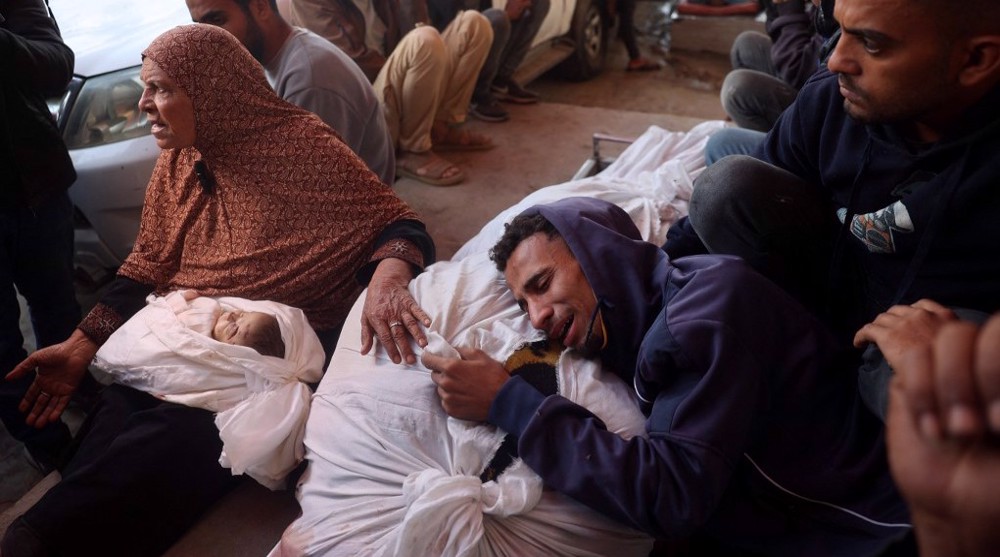
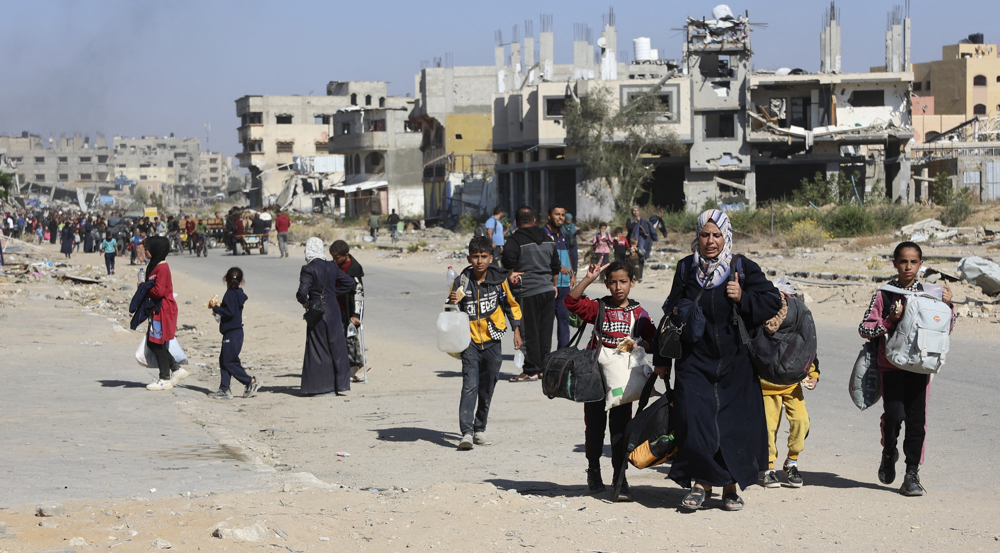
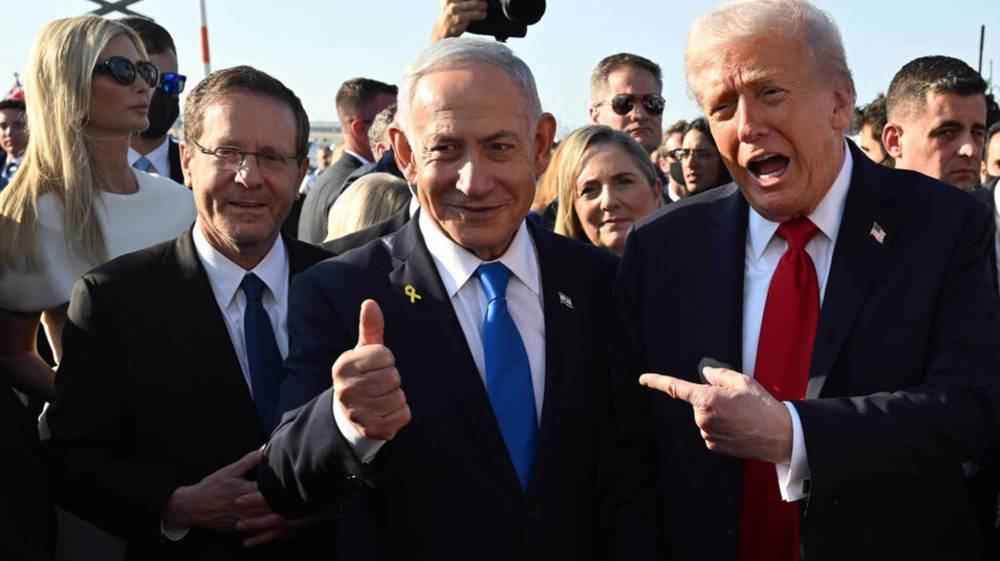
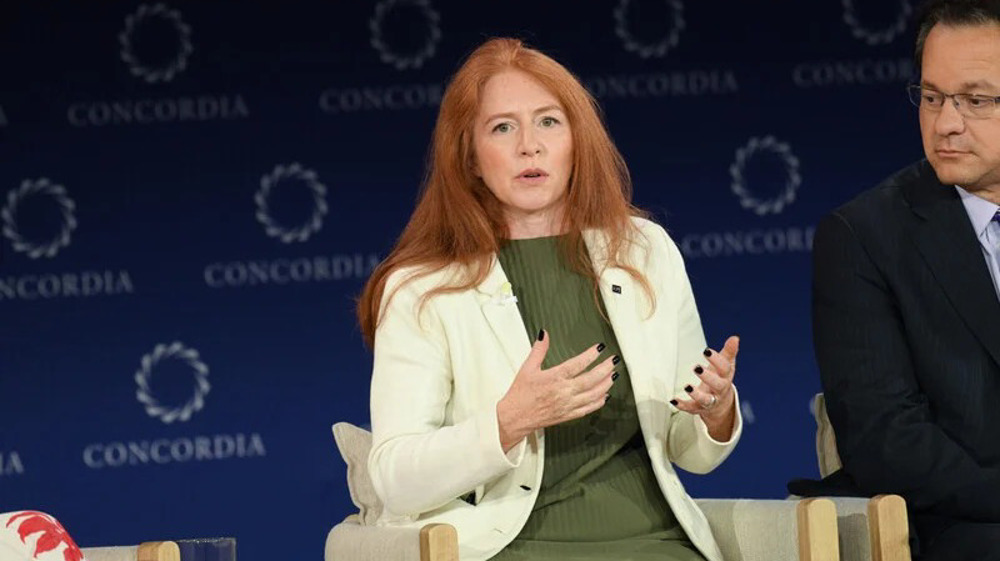
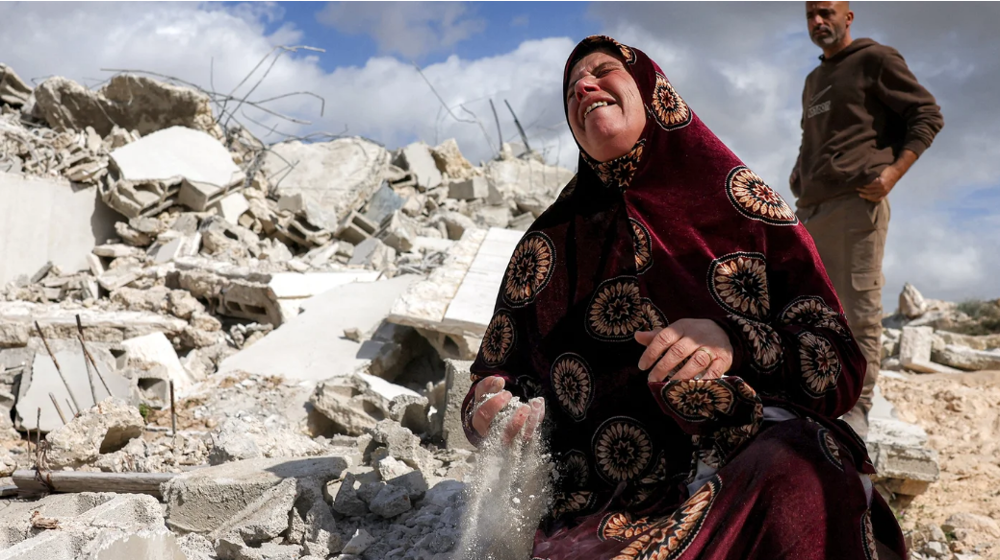



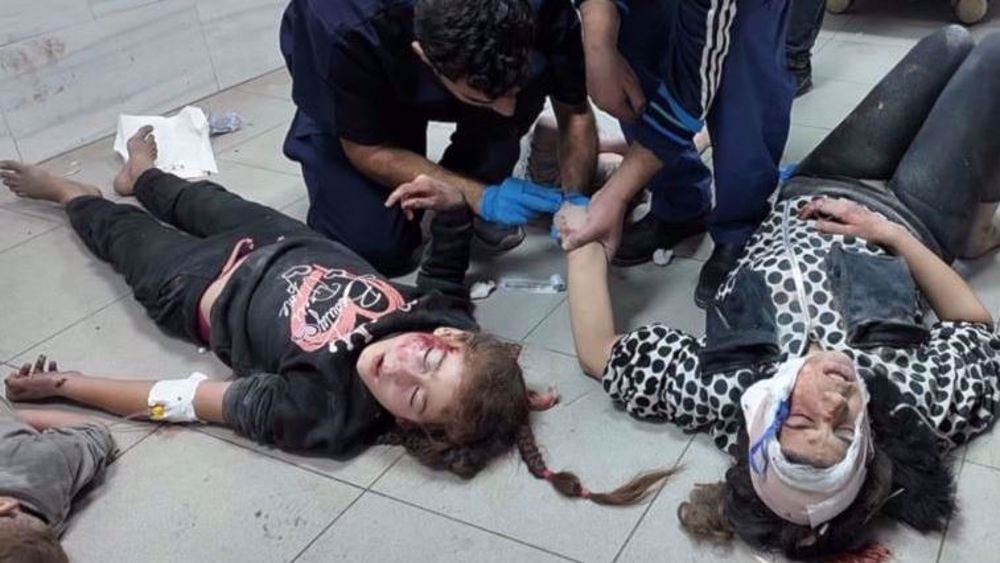

 This makes it easy to access the Press TV website
This makes it easy to access the Press TV website